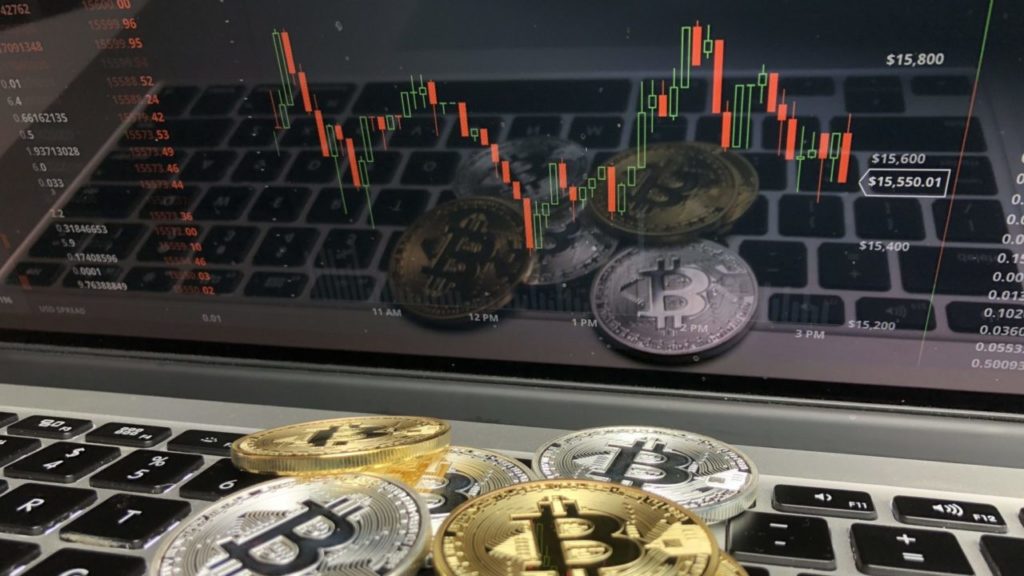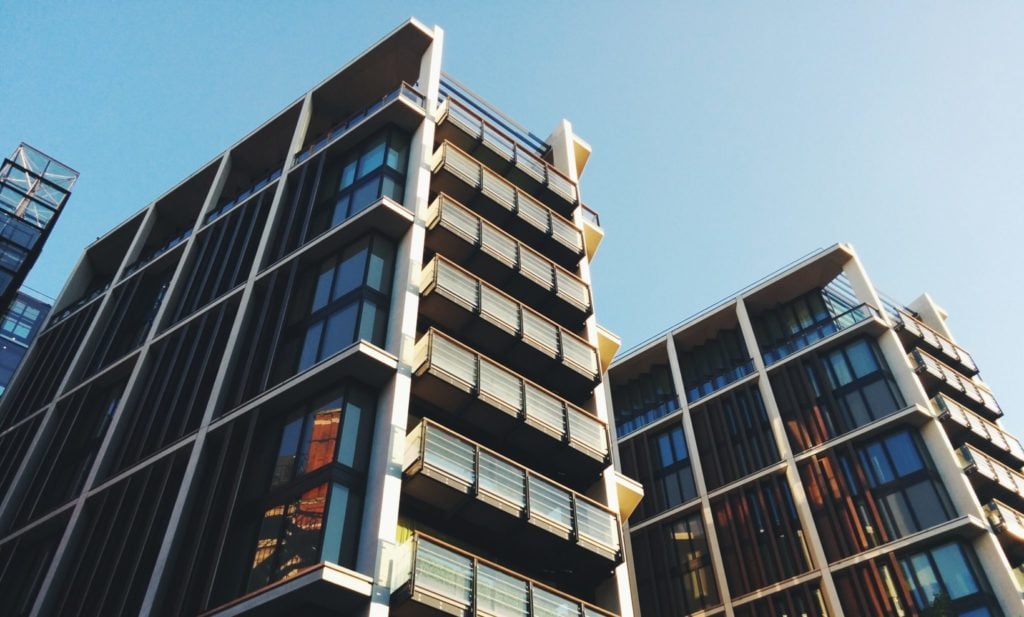Investors felt confident in the recent corruption conviction of former Brazillian president Lula da Silva.
Mr. da Silva, a favorite among the laboring left in Brazil, served as a "global hero" for his work in creating social policies that advocated radical reductions in inequality.
He was lauded as one of the most popular politicians in Brazil and in the world. In fact, upon leaving office, da Silva had an 83 percent approval rating.
Nonetheless, the demise of da Silva hasn't seemed to phase investors as the iShares MSCI Brazil Capped exchange-traded fund (EWZ) traded higher, at around 3 percent on June 12. The Bovespa Index, the country's benchmark, also saw a jump, CNBC reports.
After serving two terms, da Silva became a person of interest in a widespread corruption probe known as Operation Car Wash.
da Silva's implication resulted in the once beloved politician being sentenced to more than nine years in prison for his actions, which include illegally taking millions in benefits from a private sector entity while in office. Reports suggest that he will seek to appeal the case.
His misfortune isn't an isolated occurrence, though. Operation Car Wash has flipped Brazil's ruling class upside down.
With hundreds of arrests, even the country's current and former leaders aren't immune. Former president Dilma Rousseff, da Silva's replacement, was impeached. Now, the current president, Michel Temer, has been implicated in the current state of the operation.
Brazil will also face an election year that will be an aggressive show of political might that could further divide and already torn country. Given da Silva's conviction and his still-very-high popularity, the 2018 race is anyone's game.
One American strategist, Larry McDonald of ACG Analytics, said that investors should be very wary of their Brazillian investments and potential investments in the short-term.
However, citing that they are still cheap with the potential to grow, McDonald did suggest tat Brazillian equities still serve as smart, long-term investments.
How will continued political unrest affect the markets in Brazil? Share your thoughts in the comments.
MORE FINANCE DISCUSSIONS ON CAPITALISM.COM:
• Why Our Economy Needs ‘Decomposer’ Capitalists: Investing in Non-Performing Assets
• How the Federal Reserve Impacts Small Business
• Does Government Stimulus Help the Economy?








